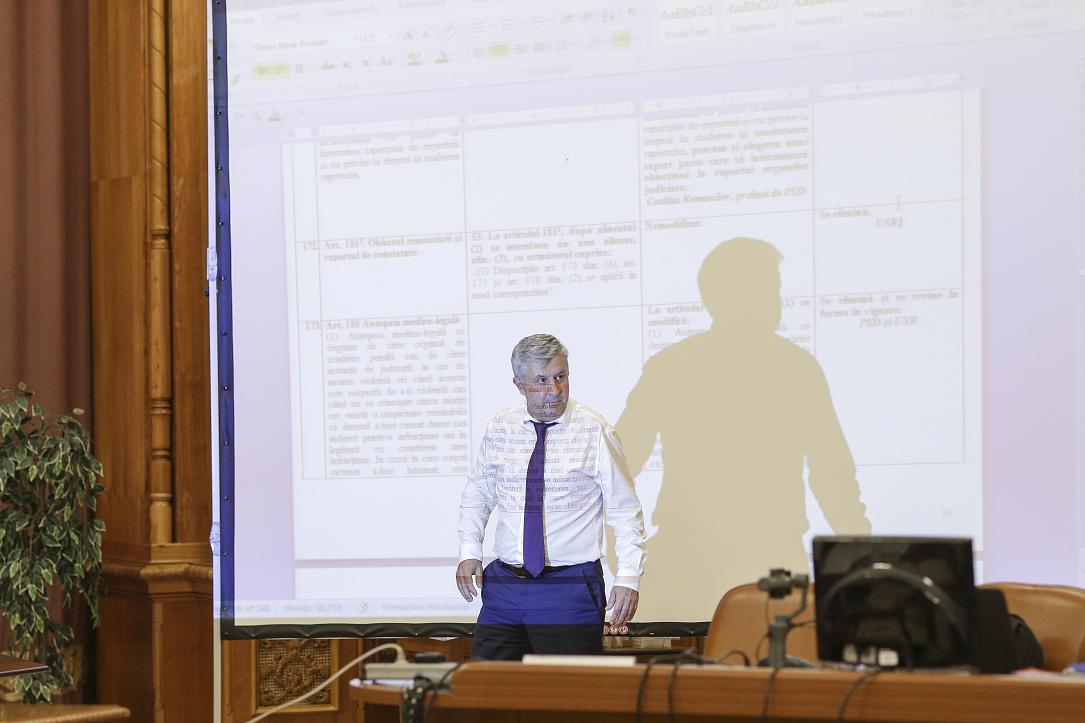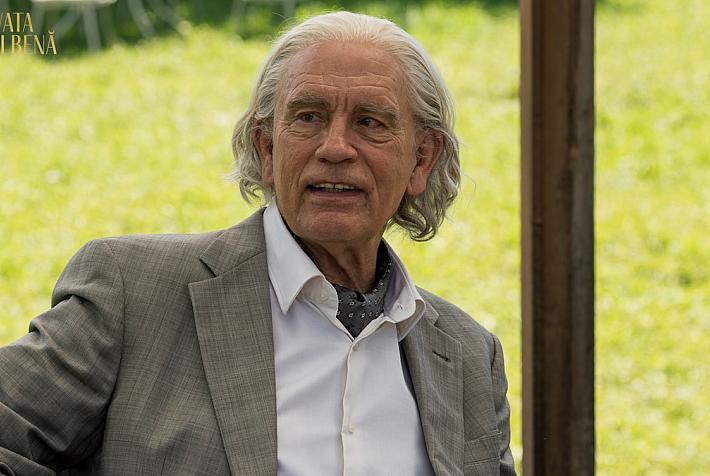Romanian parliamentary committee redefines abuse of office

The special committee within the Romanian Parliament in charge with changing the justice laws adopted on Monday several changes to the Criminal Code. The committee redefined abuse of office narrowing the situations in which public officials can be prosecuted for this.
Thus, a public official can be charged with this crime only if he refuses to fulfill his duties or breaks a law, government ordinance or emergency ordinance to get material benefits for himself or for relatives up to the second degree. The new definition also says that the damage must be certain and above one minimum gross wage (which is RON 1,900 – EUR 408) for this to be a criminal offense, according to Digi24.ro.
The committee also reduced the penalties for abuse of office to a maximum of 5 years in jail, compared to 7 years in the current Criminal Code. This would also shorten the period in which these crimes can be prosecuted, from 7 years to 5 years. Moreover, those sentenced for abuse of office will have no interdiction in taking up other public positions after they serve their convictions, like they do now.
Social Democrat MP Florin Iordache, who leads the special committee, said the new definition is aimed at stopping the justice abuses against citizens as many have been sent to court in recent years for abuse of office only to be cleared by the judges. He added that the Criminal Code his committee adopted is a "better law" and that abuse of office was not an important stake for the ruling coalition, according to Mediafax.
Meanwhile, opposition MPs challenged this definition saying that it would close many corruption cases, including that in which the Social Democratic Party’s leader Liviu Dragnea was recently sentenced to three and a half years in jail. The sentence is not final and Dragnea would be cleared of the charges against him if this definition were voted by the Parliament. In fact, shortly after the High Court announced the sentence in his case, Dragnea said the changes to the Criminal Code should be expedited.
Many high officials have been prosecuted and sent to court for abuse of office in the last five years, including former prime ministers, ministers and MPs. However, few of these cases would be prosecuted according to the new definition. The ruling coalition initially tried to partly decriminalized abuse of office by emergency ordinance, at the end of January 2017. Emergency ordinance 13, issued by the Sorin Grindeanu cabinet, provided that an official would not be prosecuted for abuse of office if the damage was under RON 200,000. The ordinance was repealed after massive street protests and the justice minister who promoted it, Florin Iordache, resigned. However, the ruling coalition then initiated a process to change the justice laws and criminal codes in the Parliament and Iordache was appointed as head of the special committee in charge with these projects. Important changes to the justice laws were voted at the end of December 2017 while the criminal procedure code was recently passed by both the Senate and the Chamber of Deputies. The Criminal Code is the last to be changed.
The MPs in the special committee adopted several other important amendments, including one that redefines organized crime groups. Other important changes impose jail penalties for officials who reveal details from criminal investigations and for those who refer to people who are being prosecuted as if they were guilty or convicted. The committee adopted its report with 15 votes in favor and 7 against.
The amendments to the Criminal Code must be voted by the Senate and then by the Chamber of Deputies and then President Klaus Iohannis must sign the bill in order for it to be enforced.
editor@romania-insider.com
(Photo source: Inquam Photos / Octav Ganea)











